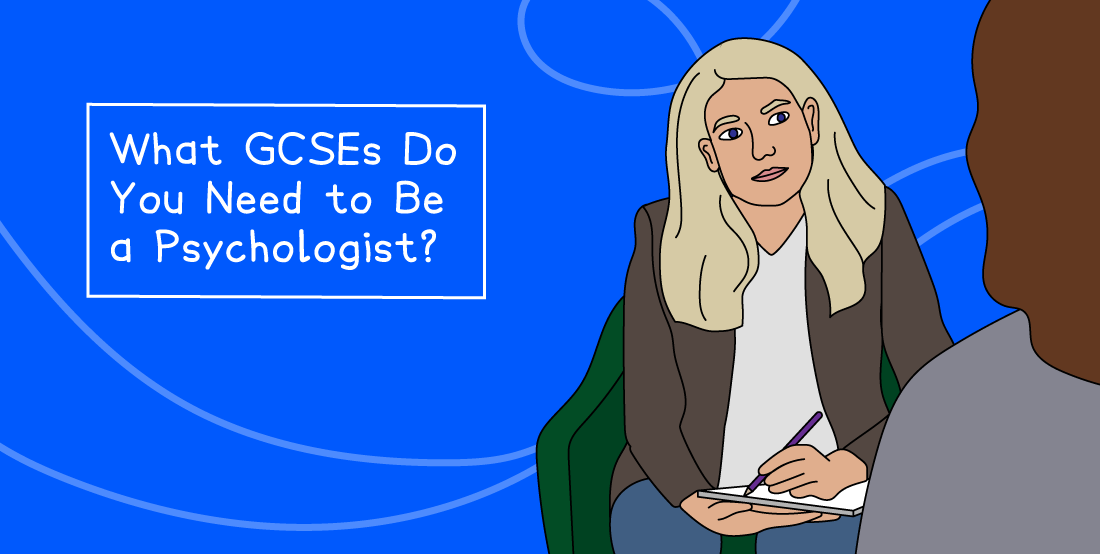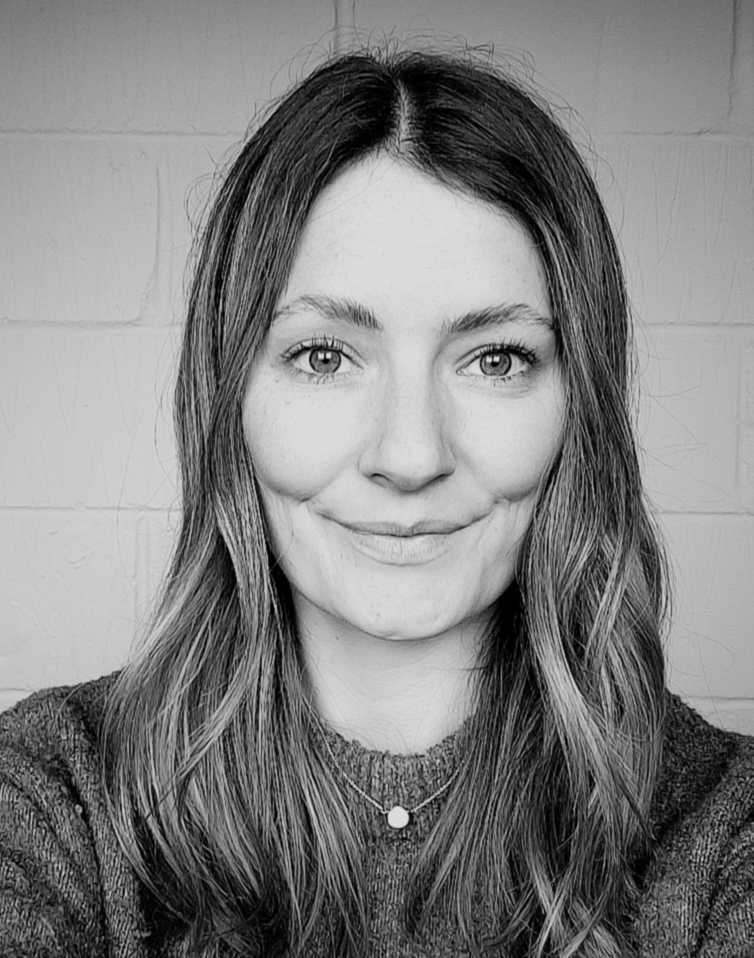Contents
It can be tough working out what GCSEs you need to follow your dream career as a psychologist. What if you choose the wrong subjects? What if you can’t get onto the A Level course you need or the degree course you want to study?
You may have more questions such as: Is a GCSE in psychology required? Do I have to be good at maths? What about biology? And what if your school doesn’t allow you to study psychology at GCSE or A level?
Here we will delve into the GCSE requirements to be a psychologist. The answer to your questions and more can be found in this article, to give you a clear idea of the path you need to take to be a psychologist. I have helped countless students figure out the right path to take when embarking on their GCSE studies and beyond.
Core GCSEs for Psychologists
Some subjects are more important and useful than others when considering whether you want to be a psychologist. Believe it or not, GCSE psychology is not a requirement. Most universities require you to have five GCSEs, including English, mathematics and science, at grade C/4 or higher to study psychology at degree level.
English GCSE
There are two English GCSEs that most students in the UK are required to take: English Literature and English Language. It is imperative that you pass (achieve a grade 4 or higher) at least one of these, or you will be required to re-sit the exam. All universities offering a psychology degree will require you to have passed at least one of your English GCSEs.
Maths GCSE
Maths is a second compulsory subject for students studying GCSEs in the UK. You will be required to resit the exams if you do not pass GCSE maths. Again, universities will require you to achieve a pass to be considered for a degree in psychology.
Science GCSE
There are two different routes to take when studying GCSE science, which may depend on what your school offers or your own preferences: combined science (also known as double science - two GCSEs in the sciences) or separate sciences (also known as triple science, where you will achieve three GCSEs in each of biology, chemistry and physics). To study psychology at the degree level, you will be required to pass at least one of these sciences at a grade 4 or higher.
Optional GCSEs for Aspiring Psychologists
To become a psychologist, other GCSEs, such as sociology and history, are helpful but not necessary.
Psychology GCSE
A GCSE in psychology will give you an insight into key principles and concepts in psychology such as memory, perception, communication, social influence, psychological problems, development, and research methods. You will also develop key skills, such as critical analysis, independent thinking and research skills. This will prepare you well for A-level psychology and beyond.
Biology GCSE
GCSE biology will be useful as it will teach you scientific methods that are required for psychological research, such as designing experiments, analysing data, and understanding research findings. You will also learn about the biological basis of behaviour in psychology; GCSE biology will help you understand how biological factors impact behaviour.
Statistics GCSE
GCSE Statistics is used in psychology because it provides the skills and knowledge to analyse and interpret data when conducting research. This is because statistics can help researchers draw conclusions from data by testing hypotheses and determining if there is a significant difference between two groups.
Beyond GCSEs – What’s Next?
After sitting your GCSEs and achieving at least a grade 4 in five subjects, including maths, English and science, you will need to choose the right A-Level courses to enable you to study psychology at degree level at university.
Each university will have different requirements for studying their course, but most will expect you to have studied at least one science or maths-based subject at A-level. This may include psychology, biology, chemistry, physics, mathematics, economics, statistics or computer science. A useful requirement would also be an A level in a humanities subject such as English, sociology or history. It is less likely that universities will accept A-levels in the arts such as music, art or photography.
Most universities will also require you to achieve high grades at A level in all of your subjects, as many will have grade entry requirements ranging from BBB to A*AA.
The Importance of Work Experience
As with any subject, gaining an insight into how the practices and principles of psychology work in the real world is a huge asset. Work experience can be achieved in many ways, such as by volunteering, completing an internship or even some simple extracurricular activities like peer mentoring or participating in relevant MOOCs, which are free online courses.
Taking part in work experience demonstrates your commitment to the subject, your ability to learn, and your dedication to the field. This can help your application to colleges and universities stand out from your competitors.
Frequently Asked Questions
Can I Be a Psychologist Without a Science GCSE?
In short, no. You will need to achieve a grade 4 or higher in a science GCSE, either as a single subject such as biology or as a combined GCSE with double award science.
Do You Need a Maths GCSE to Be a Psychologist?
Yes, you need maths GCSE to become a psychologist, and you will be required to achieve a pass (grade 4) in this subject.
How Many GCSEs Do You Need to Become a Psychologist?
Most universities will require you to achieve five GCSEs at a pass grade or higher, and of these five, three must be English, maths and science. The more GCSEs you have at higher grades, the more you will stand out against competing students also wanting to become psychologists.
Kickstart Your Career With Save My Exams
At Save My Exams, you’ll find all the resources you need to ace your GCSEs. Discover teacher-written revision notes, exam questions, past papers and flashcards to help you get the best grades possible.
Explore Our GCSE Psychology Resources
References
Sign up for articles sent directly to your inbox
Receive news, articles and guides directly from our team of experts.

Share this article



 written revision resources that improve your
written revision resources that improve your